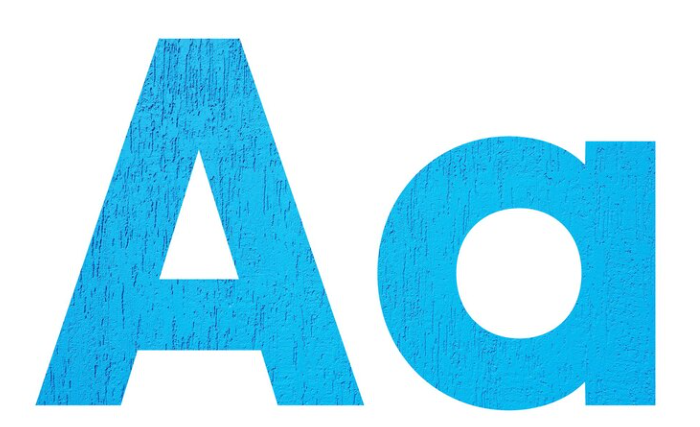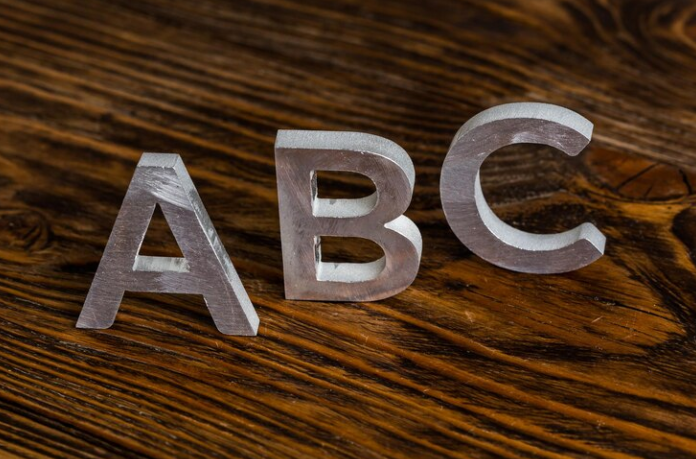While preparing for the IELTS test or while taking the mock test, you may be wondering whether we should use lowercase or uppercase letters in the IELTS test. Is it necessary to use uppercase letters at all? In which sections should uppercase letters be used? In this article, we will answer these questions. So join us.

Uppercase letters in the listening and reading section
You can use uppercase or lowercase letters in the listening and reading section. This is optional, and there is no obligation to write uppercase or lowercase letters. You will not lose the score either. You should only pay attention to the correct spelling of the words in the listening section. Because if all your answers in this section are correct but you misspell the words, you will lose the score. So in these two sections, you can use any of the letters.
But the important thing to note is that your handwriting should be legible. Use it if you think you can get your point across in uppercase letters, and your writing is more readable.
Our advice, in any case, is that because your opportunity in this section to transfer the answers to the answer sheet is short, using uppercase and lowercase letters together will waste your time. So use only one uppercase or lowercase letter.
Uppercase letters in the writing section
As you know, in the writing section, you must write a report or a letter. You should also write a 250-word article in Writing Task 2.
There is no obligation to use lowercase or uppercase letters in this section. But our advice is to use lowercase letters. Because your time to write an article is short, and uppercase letters waste a lot of time. Spend most of your time thinking about your writing. But it is better to use uppercase letters where necessary. Because in the writing section, the grammar and punctuation marks are graded in addition to your writing. Using uppercase letters in the right place will make your text more readable.

Uppercase letters in the speaking section
Speaking is a face-to-face test that you must interview the examiner. But in the second part, you will be given paper to take notes on if necessary. You should know that these notes are only for you and your writings have no effect on the final result. So there is no need to use uppercase letters or even punctuation when taking notes.
Uses of uppercase letters
Here are some examples of words that need uppercase letters that you can use if needed.
- The next word must start with a capital letter when a sentence ends.
- The pronoun I must be capitalized wherever the sentence appears.
- The names of people and places must be written in capital letters.
- The months of the year have uppercase letters everywhere in the sentence.
- Capital letters are also used for weekdays.
- Names of cities, places, and lakes are all capitalized.
Conclusion
As you read, uppercase or lowercase letters are not required anywhere on the IELTS test. But observing uppercase letters in the right place will make your writing more beautiful in the writing section.
Leave us a comment if you know other cases of using uppercase letters.

